U.S. News
18 Grocery Items That May Be Banned Under RFK Jr.’s Health Initiatives
By Jake Beardslee · December 8, 2024

In this overview, we’ll examine Kennedy’s focus on specific food additives, particularly those banned or restricted in other countries. We’ll also highlight some of the common additives he aims to address and explore the potential consequences for popular foods in the United States. These changes could reshape the food landscape and alter the choices available to consumers in the future. USA TODAY
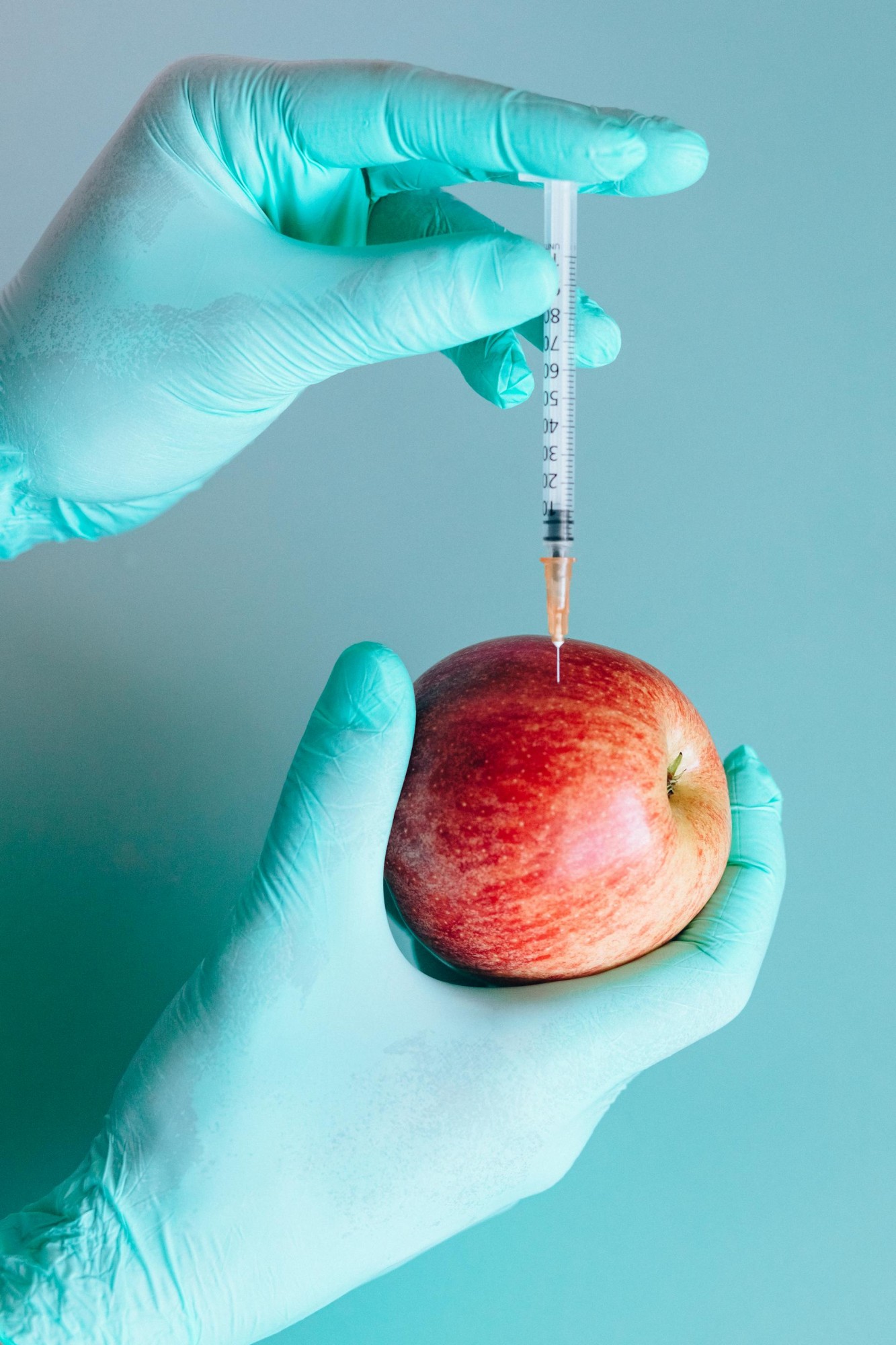
The Controversial World of Food Additives
Food additives have become a critical point of debate in nutrition and health circles. Synthetic chemicals used to enhance flavor, color, and shelf life are under intense scrutiny. Many additives approved in the United States are banned or restricted in other countries due to potential health risks. These substances range from artificial colors to preservatives, raising questions about long-term health impacts and the need for more stringent food safety regulations. Nataliya Vaitkevich / Pexels
Red Dye 40: A Colorful Controversy
Red Dye 40, or Allura Red, is a synthetic coloring agent found in numerous candies, snacks, and beverages. While widely used in the United States, this additive has been linked to serious health concerns. The European Union requires warning labels on products containing this dye, citing potential effects on children's behavior and attention. Some studies have associated Red Dye 40 with hyperactivity, migraines, and skin reactions like hives. Jü / Wikimedia
Yellow Dyes: More Than Just Color
Yellow No. 5 (Tartrazine) and Yellow No. 6 (Sunset Yellow) are popular food colorings with significant health concerns. These additives are commonly found in cereals, candies, and processed foods. Countries like Norway and Finland have banned these dyes due to potential allergic reactions and behavioral challenges in children. The European Union mandates warning labels, highlighting the growing international concern about these synthetic color additives. Prem Singh Tanwar / Pexels
Titanium Dioxide: The White Powder Debate
Titanium dioxide is a common whitening agent used in candies, baked goods, and other processed foods. In 2021, the European Food Safety Authority deemed it unsafe for human consumption, citing potential risks of genetic material damage. Alexander Grey / Pexels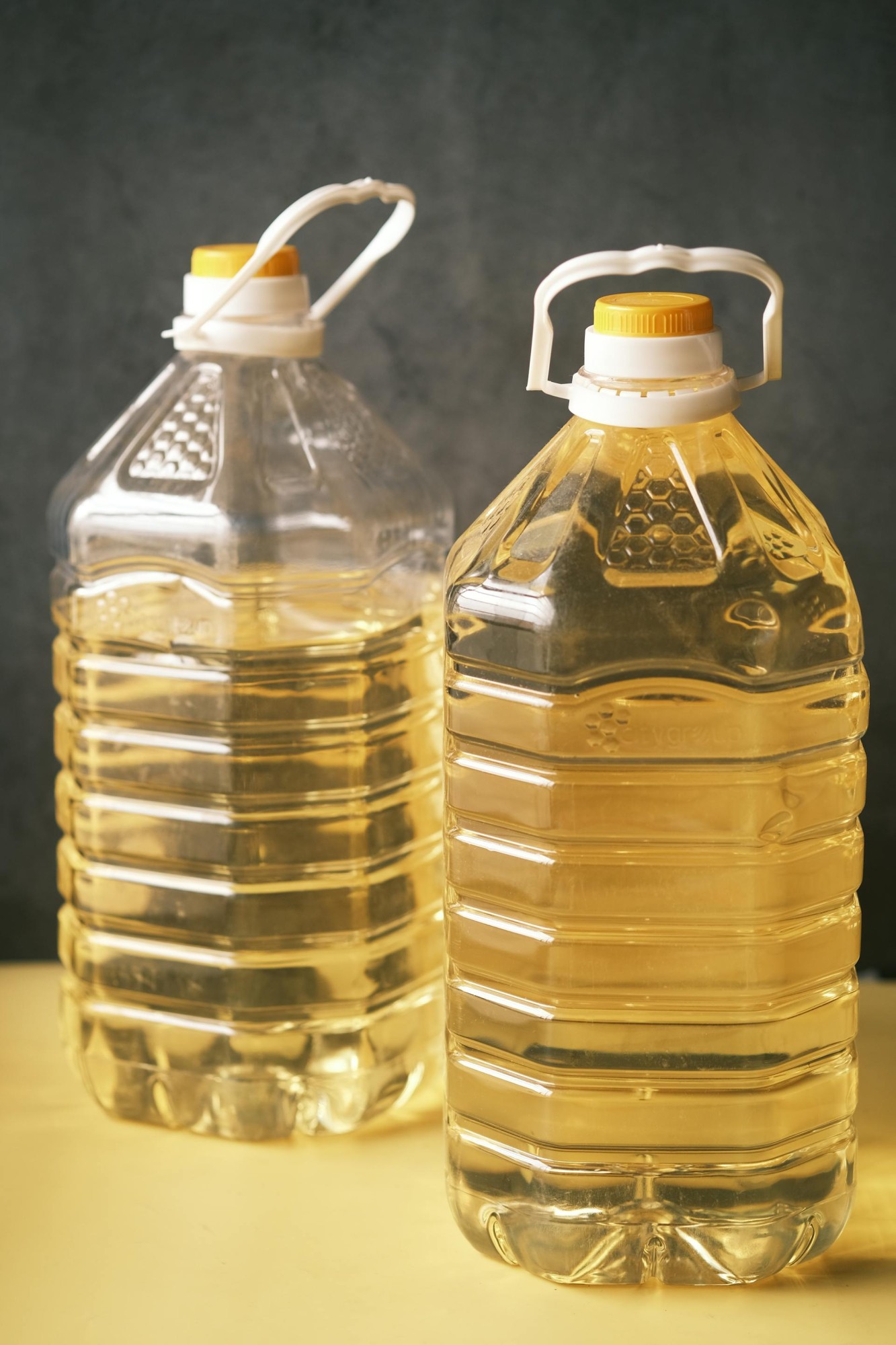
Brominated Vegetable Oil: Soda's Hidden Ingredient
Brominated vegetable oil (BVO) is a controversial ingredient used in sodas and sports drinks to stabilize ingredients and prevent separation. Research has raised concerns about its effects on thyroid function and potential toxicity. Already banned in several countries, BVO remains common in U.S. citrus-flavored beverages. Towfiqu barbhuiya / Pexels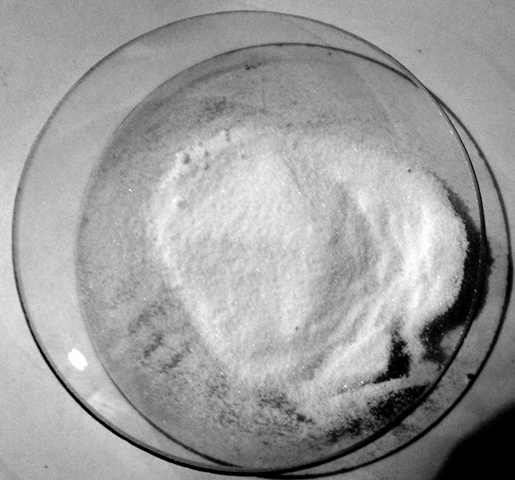
Potassium Bromate: The Baking Additive Danger
Potassium bromate is a baking additive used to strengthen dough and improve texture. Despite its functional benefits, it has been classified as a possible carcinogen due to links with kidney cancer and other health issues. Countries like Canada and those in the European Union have already banned its use. In the U.S., it continues to appear in numerous baked goods. Ondřej Mangl / Pexels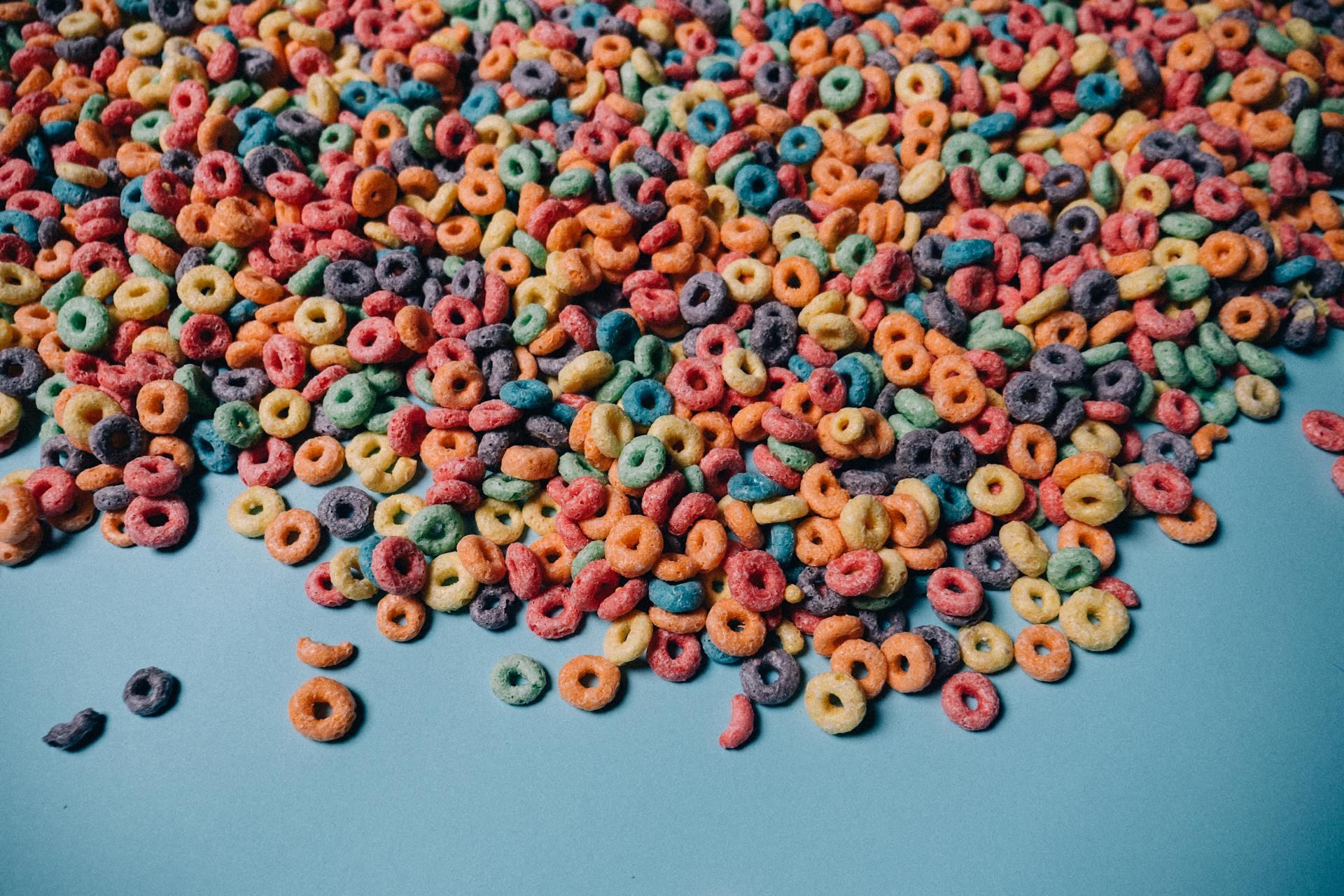
Froot Loops: A Colorful Case Study
Froot Loops exemplifies the artificial additive debate, owing its bright colors to synthetic dyes like Red Dye 40. These dyes have been linked to hyperactivity and behavioral issues in children, prompting some countries to ban or reformulate products. In Canada, for instance, Froot Loops are made with natural coloring agents. Kennedy's initiatives could force similar reformulations in the United States. Caleb Minear / Pexels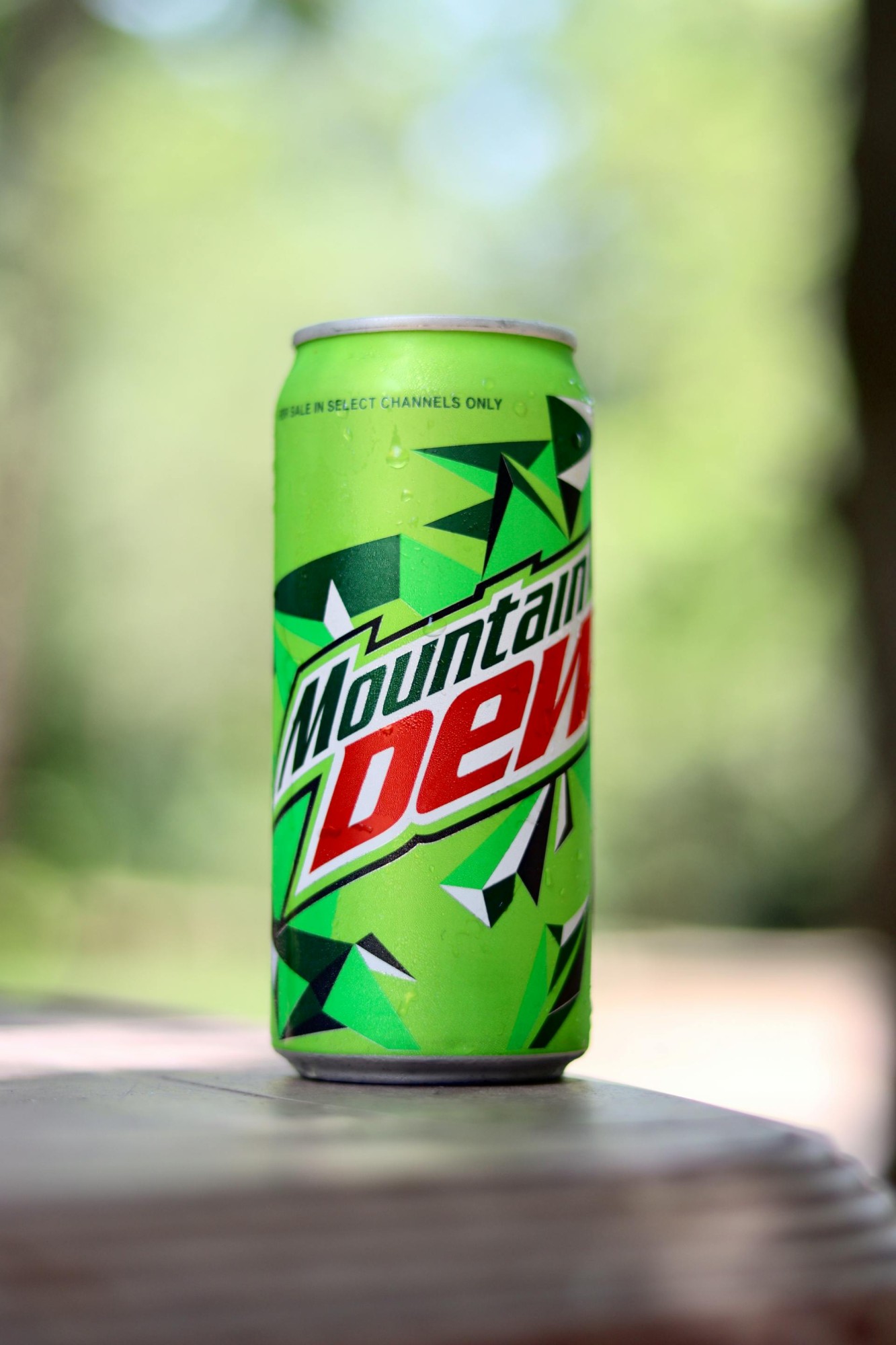
Mountain Dew: Beyond Just a Beverage
Mountain Dew represents a complex case of artificial additives, containing both synthetic dyes and brominated vegetable oil (BVO). Research has raised concerns about BVO's effects on thyroid health and potential toxicity, leading to bans in multiple countries. The bold yellow-green color comes from artificial ingredients that could be targeted by potential food safety reforms. Sachin Mittal / Pexels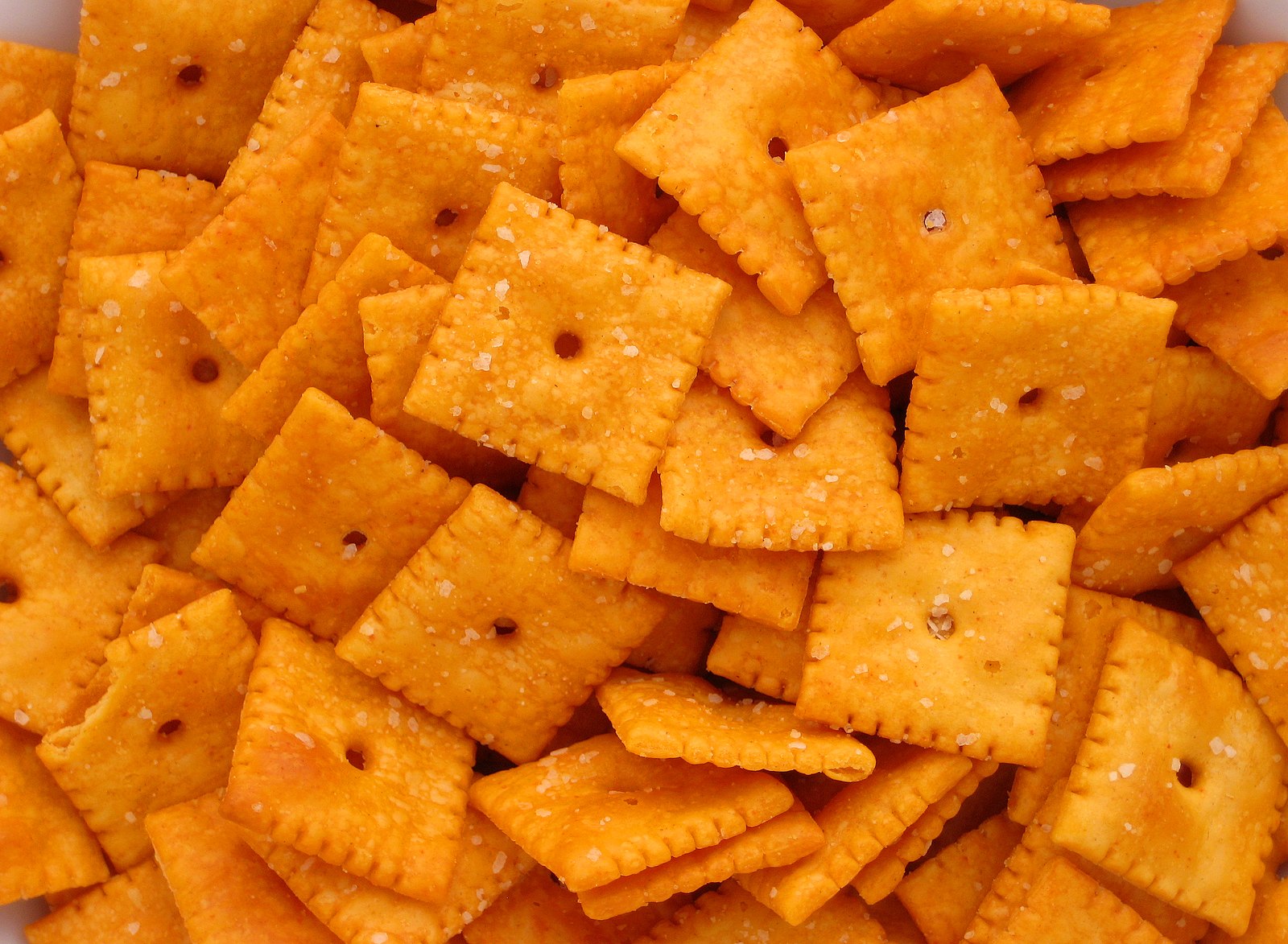
Processed Snacks: What's Really Inside?
Processed snacks like Cheez-Its rely heavily on artificial colors such as Yellow No. 6 to enhance their appearance. Studies suggest connections between these dyes and allergic reactions, as well as behavioral changes in children. The ingredients that make these snacks visually appealing may soon come under scrutiny, potentially forcing manufacturers to seek natural alternatives. Evan-Amos / Wikimedia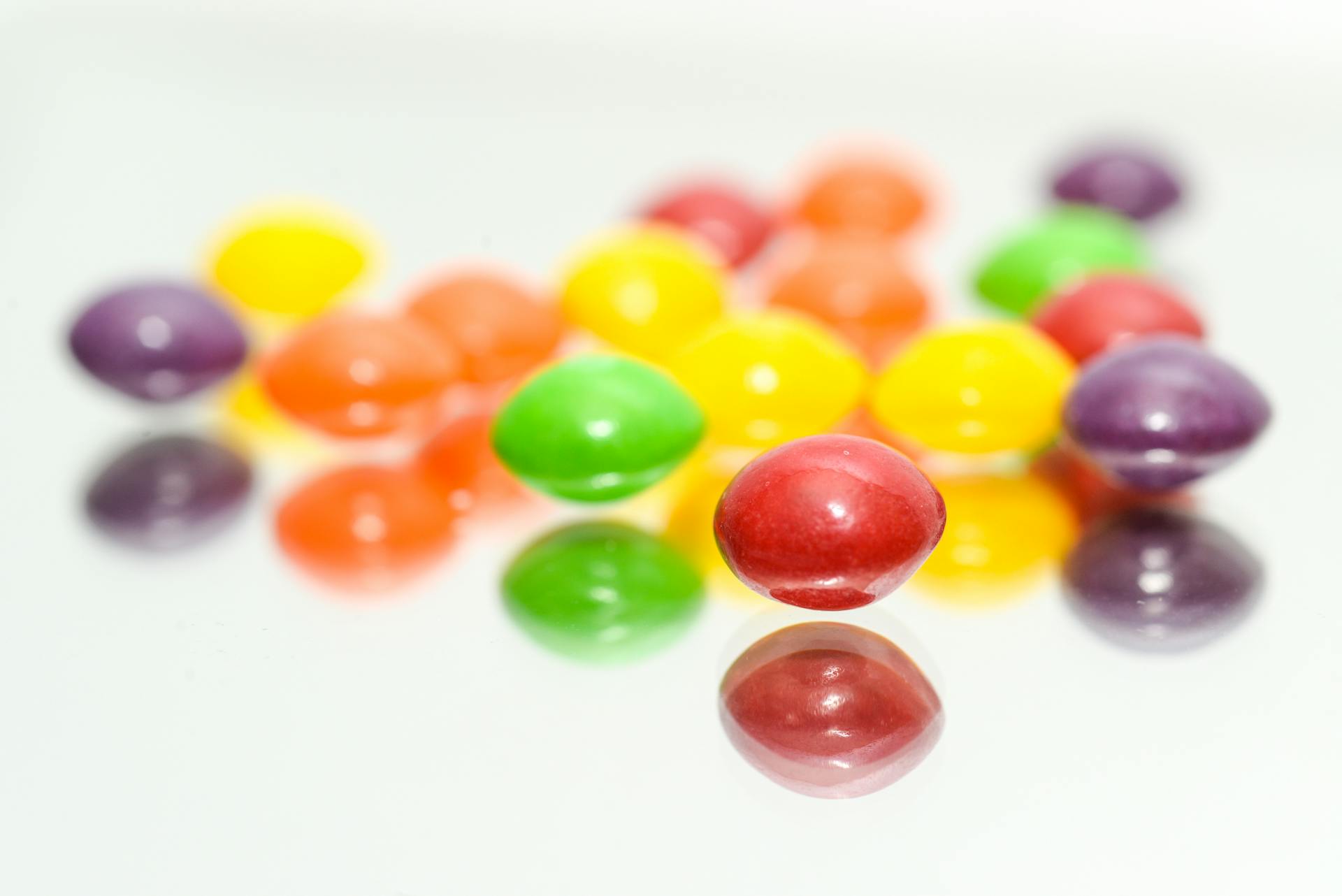
Candies: A Rainbow of Chemical Concerns
Skittles, known for their colorful variety, use multiple artificial dyes including Red Dye 40 and Yellow No. 5. These additives have been linked to health concerns such as hyperactivity and allergies, prompting restrictions in countries with stricter food safety laws. Skitterphoto / Pexels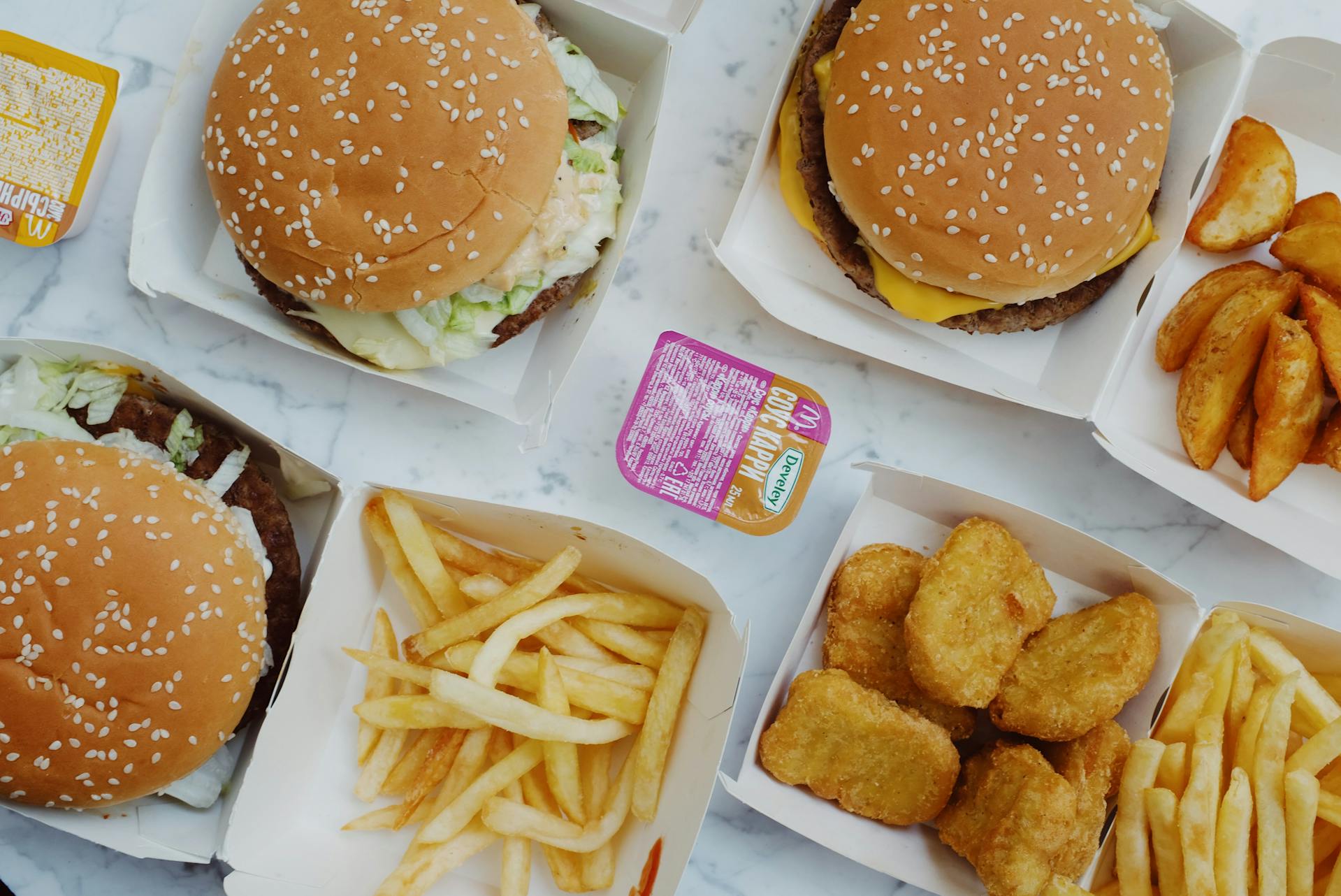
Fast Food's Hidden Ingredients
Fast food items like chicken nuggets frequently incorporate additives such as sodium phosphates and artificial colors to maintain texture and visual appeal. These ingredients have come under increasing scrutiny due to potential health risks. Kennedy's proposed policies could force fast food chains to completely rethink their recipes to comply with stricter guidelines. ready made / Pexels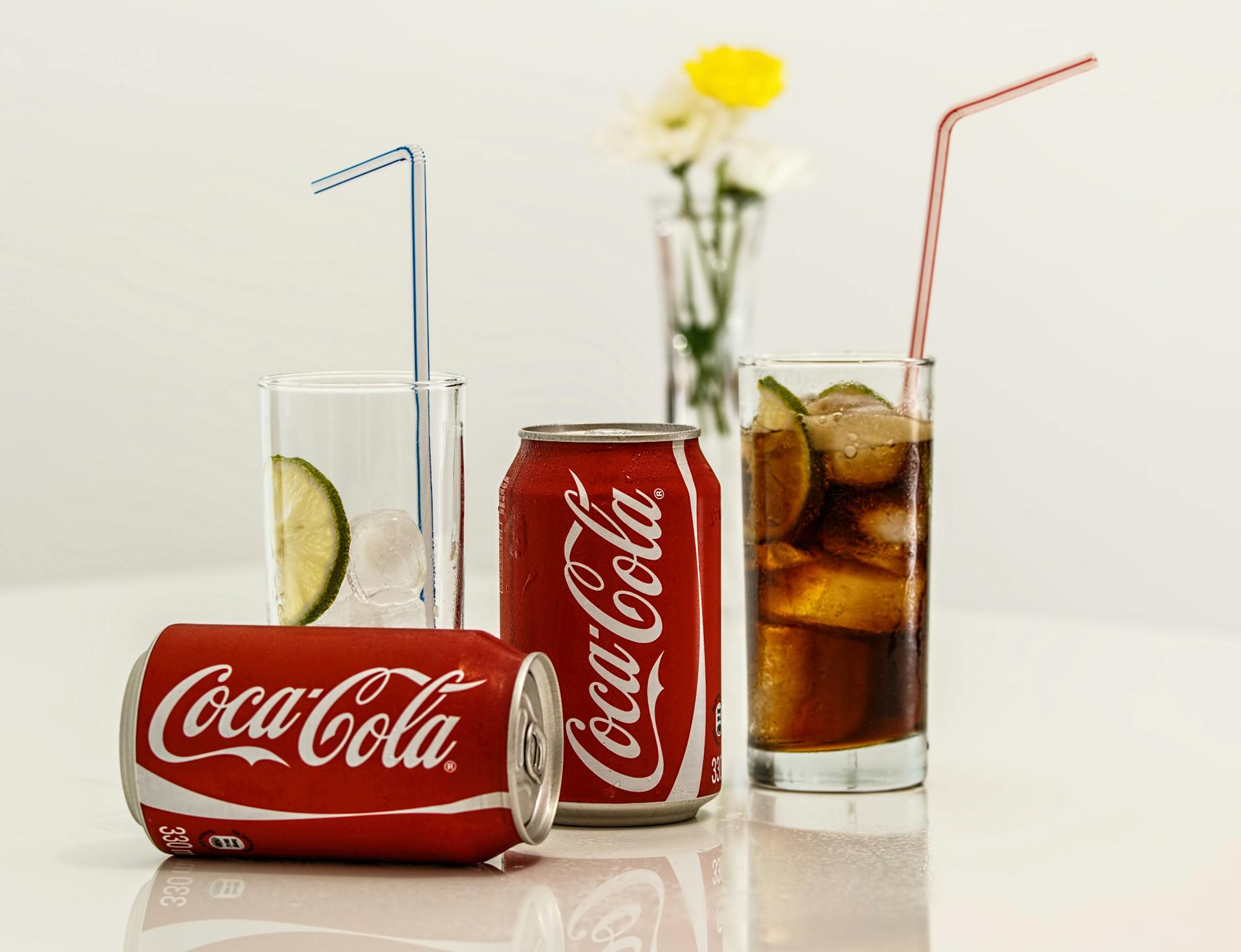
Soda Brands: A Chemical Cocktail
Popular soda brands like Coca-Cola use artificial dyes and preservatives to create distinct colors and flavors. Some of these additives, including caramel coloring and phosphates, have been tied to potential health risks and chronic illnesses. Future policies may require soda manufacturers to completely reevaluate their ingredient lists to ensure compliance with updated regulations. Pixabay / Pexels
Ice Cream: Not Just Cream and Sugar
Ice creams frequently include titanium dioxide to improve color and texture. While effective for achieving a smooth, visually appealing product, this additive has been linked to potential health risks, including concerns about genetic damage. The European Food Safety Authority has already classified titanium dioxide as unsafe, potentially forcing ice cream brands to reformulate. Lukas / Pexels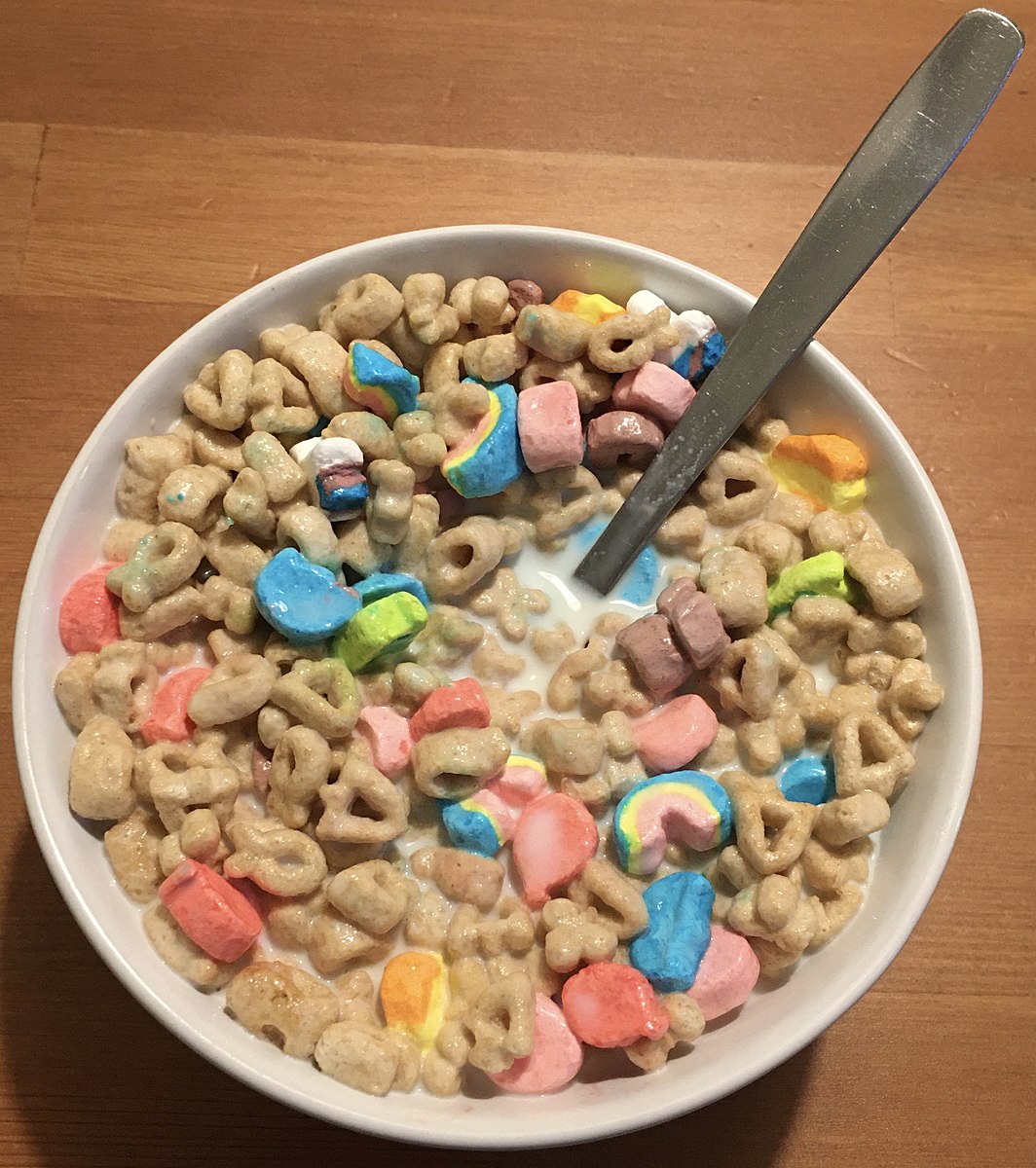
Cereals: Colorful but Controversial
Lucky Charms illustrates the additive challenge in cereals, with its colorful marshmallows containing multiple artificial dyes like Yellow No. 5 and Red Dye 40. These dyes have been associated with behavioral issues and allergic reactions in children. In regions with stricter food safety regulations, natural alternatives have already replaced synthetic dyes. Th78blue / Wikimedia
Condiments: More Than Flavor
Condiments like ketchup often rely on high fructose corn syrup and artificial preservatives to enhance flavor and extend shelf life. These ingredients have been criticized for increasing risks of chronic conditions such as obesity and diabetes. Stricter food safety guidelines might require condiment manufacturers to develop healthier, natural alternatives while maintaining consumer appeal. RDNE Stock project / Pexels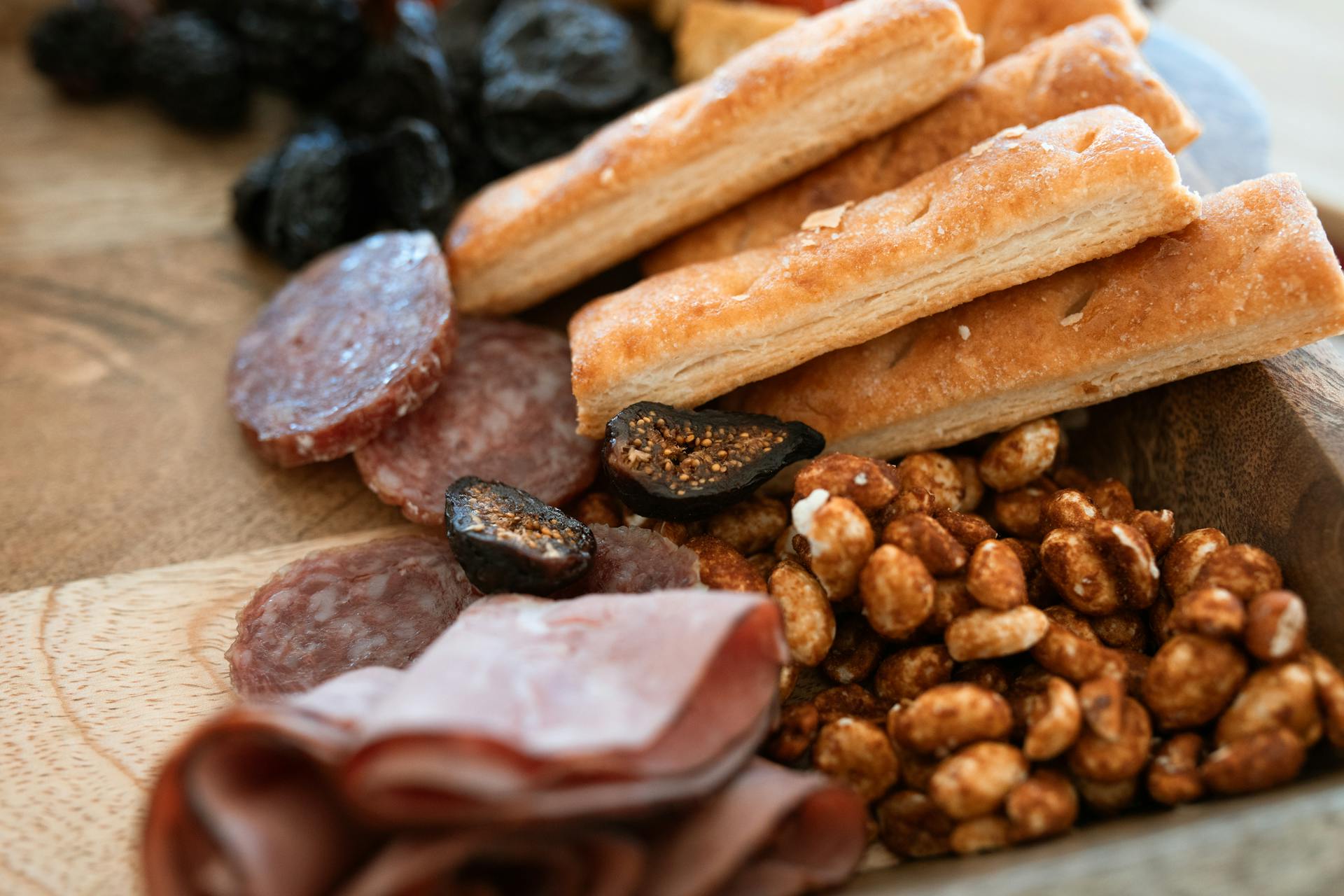
Processed Meats: Preservation at What Cost?
Processed meats typically contain nitrates and nitrites as preservatives to maintain color and extend freshness. Studies have linked these chemicals to higher risks of certain cancers, leading to bans in various countries. With increased attention on food safety, processed meats may face significant scrutiny, potentially resulting in major recipe changes or market removal. RDNE Stock project / Pexels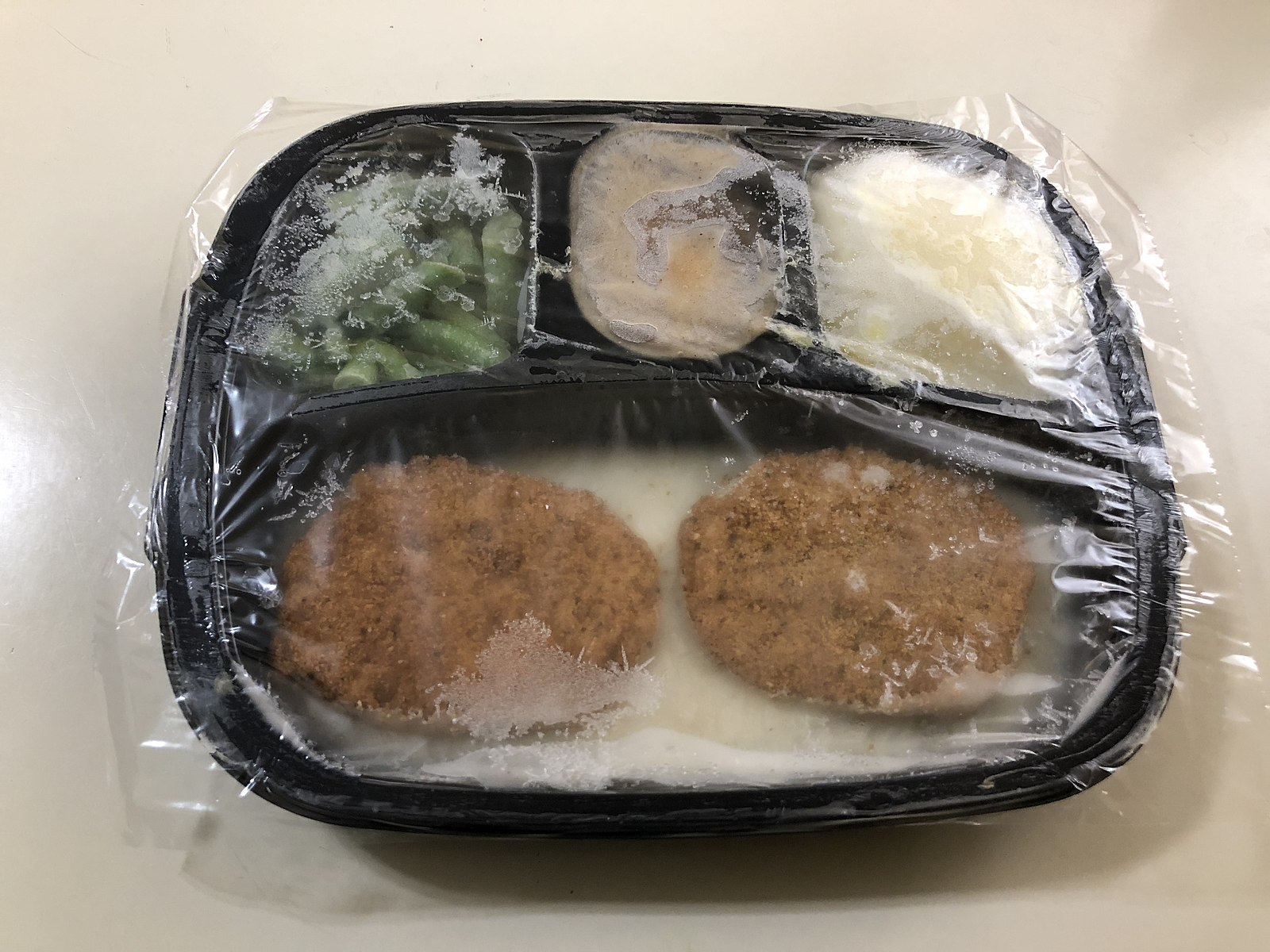
Frozen Dinners: Convenience vs. Health
Frozen dinners often include artificial flavors, preservatives, and coloring agents to maintain taste and appearance during storage. These ingredients have been associated with adverse health effects over time. Kennedy's push for tighter regulations could encourage manufacturers to eliminate harmful additives, potentially transforming these convenient meal options. Famartin / Wikimedia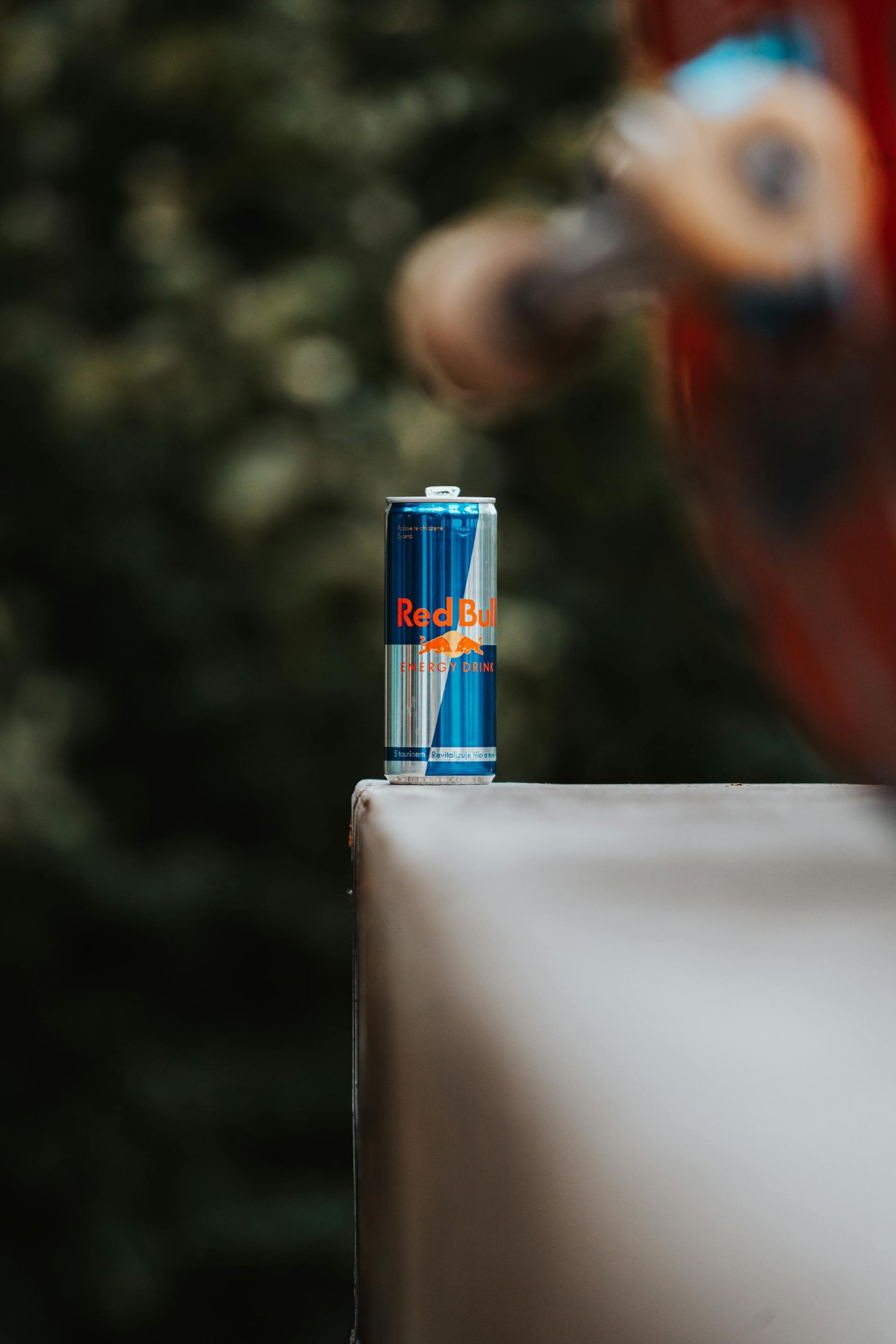
Energy Drinks: Stimulation with Side Effects
Energy drinks combine artificial additives with high caffeine levels to create distinctive tastes and stimulating effects. Concerns have grown over these additives, with studies pointing to potential impacts on heart health and overall well-being. Stricter rules on food and beverage safety could lead to significant changes in these drinks' formulations. Jan Kopřiva / Pexels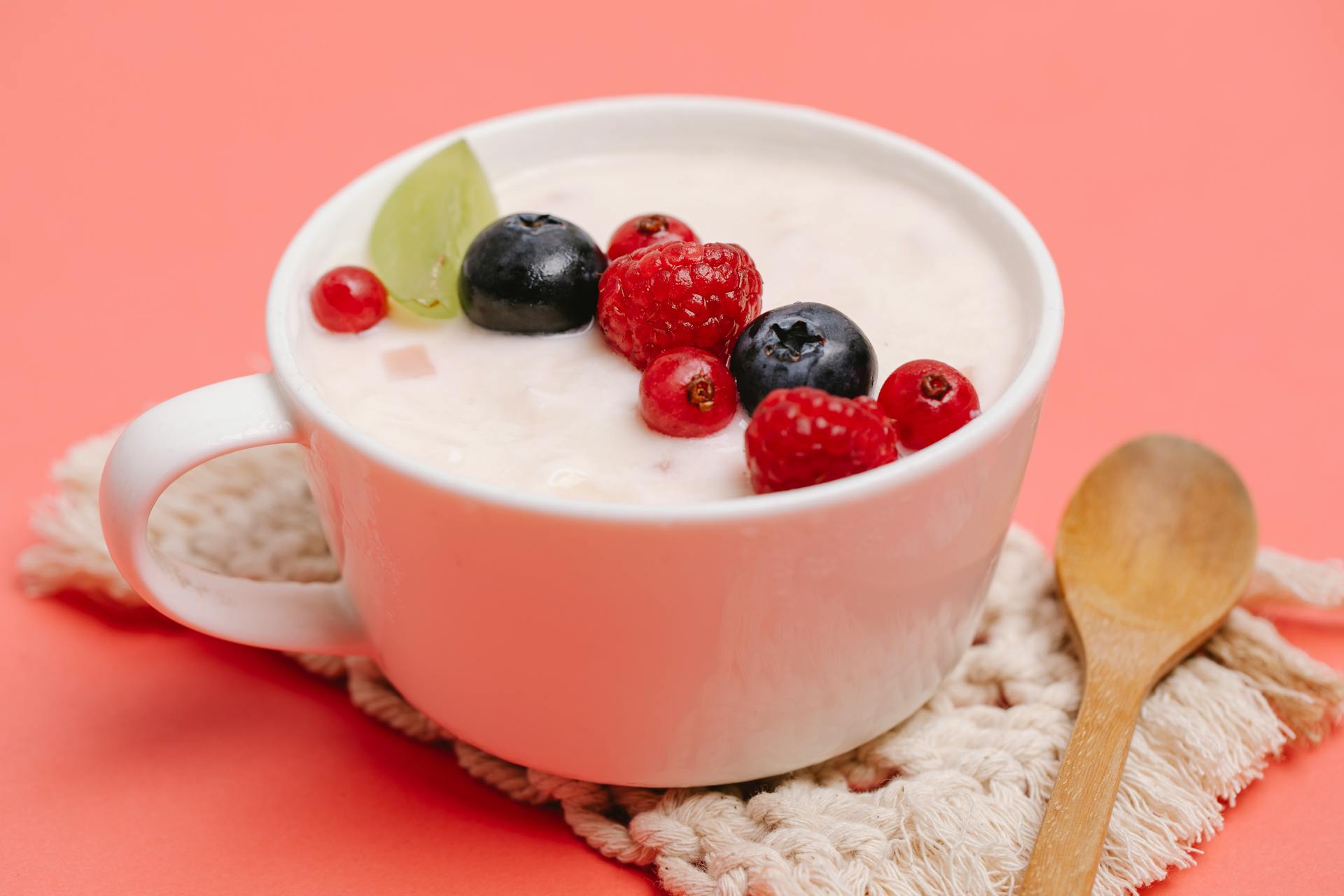
Dairy Products: Not All Natural
Flavored yogurts often include artificial sweeteners and colors to appeal to a wider audience, particularly children. These additives have raised concerns about impacts on health, including risks of metabolic disorders and allergic reactions. Kennedy's proposed changes could drive the production of cleaner, more natural yogurt products. Any Lane / Pexels
Snack Bars: Marketed Health, Hidden Risks
Snack bars like Nutri-Grain are marketed as healthy options but contain high levels of sugar and various artificial ingredients. These additives improve shelf life and taste but have been criticized for contributing to issues such as obesity and energy crashes. Future policies could push manufacturers to create bars with simpler, more natural ingredient lists. Yaroslav Shuraev / Pexels
The European Union's Stricter Standards
The European Union has consistently led the way in food safety regulations, banning or restricting numerous additives considered safe in the United States. Their approach prioritizes potential health risks over industrial convenience, requiring warning labels and often completely prohibiting substances deemed potentially harmful. These standards have become a model for global food safety discussions. Kaboompics.com / Pexels
The Future of Food Safety
As food safety policies evolve, the focus shifts toward eliminating harmful additives and prioritizing consumer health. Kennedy's proposed reforms represent a new approach to food production, potentially forcing manufacturers to be more transparent and health-conscious. Democratizemedia / Wikimedia